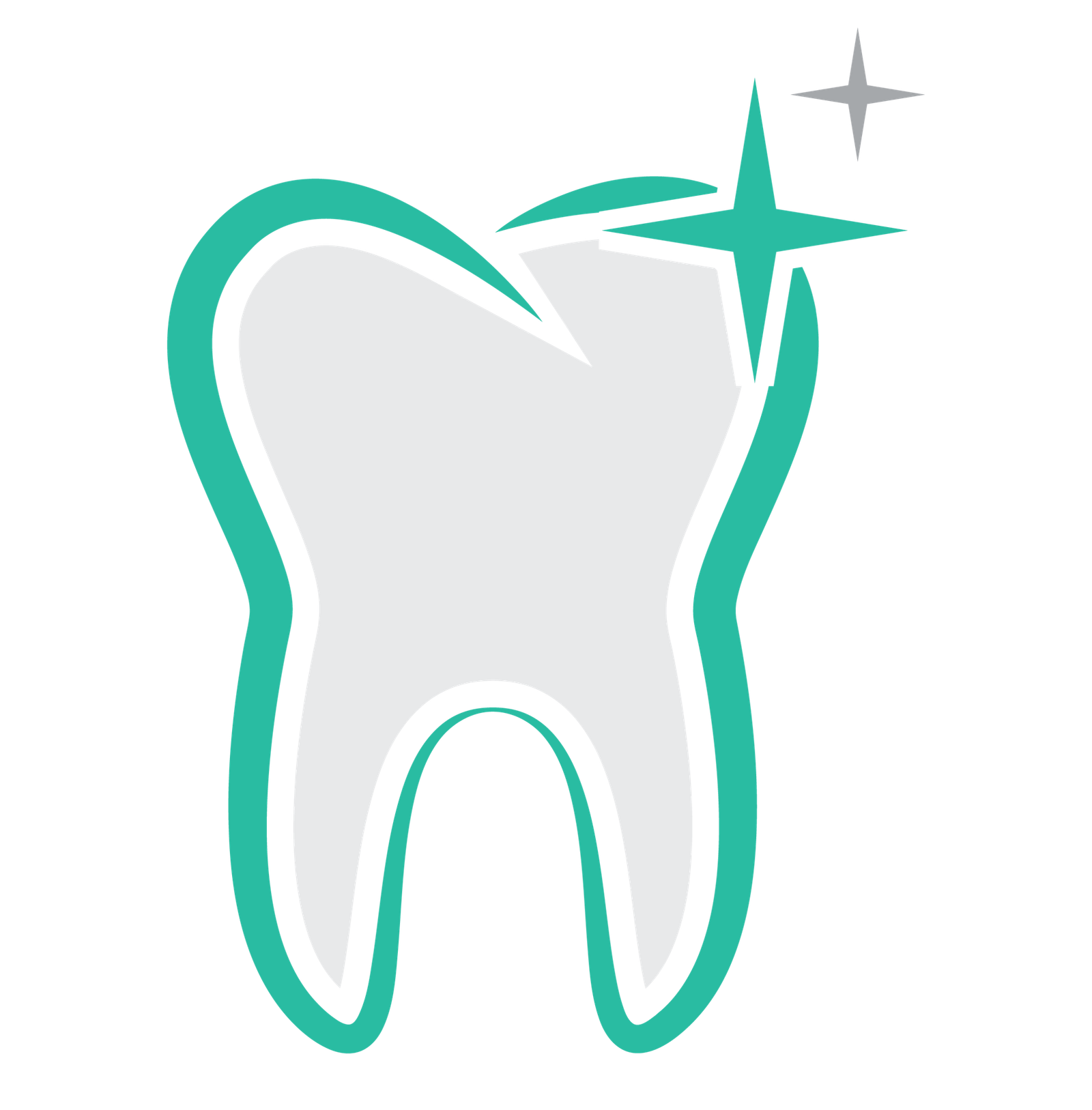Mandibular fractures have a high incidence among maxillofacial fractures. Intermaxillary fixation (IMF) is used to treat mandibular fractures and one common procedure involves fixation using steel wire and a splint (wire fixation).
Wire fixation offers strong fixing force, often requires in-hospital/clinic management for potential response to the complications such as vomiting. Other difficulties include invasiveness to the patient and the large burden placed on the surgeon during wire fixation. We at North Delhi Dental Clinic had been performing IMF using a bilayer thermoforming plate (BTP), and we have good results. This type of IMF employs a bite plate that reproduces the occlusal pattern prior to injury on the basis of models of the maxilla and mandible, and it can be detached on its own. Sufficient fixation was achieved during IMF without bone separation or occlusal deviation. IMF using a removable BTP is a treatment option that prevents a decrease in quality of life and allows well-maintained oral hygiene without lowering the quality of meals.
The main goal of this treatment of mandibular fractures is to restore normal dental occlusion and promote appropriate bone healing and a normal mouth opening. Recently, there has been a resurgent interest in the use of screws for intermaxillary fixation of mandibular fractures.
Is Intermaxillary a fixation?
Intermaxillary fixation (IMF) is a technique that allows for the reduction and stabilization of maxillary or mandibular fractures by also using arches, ligatures, or screws, which are attached to the dental arches before surgical osteosynthesis material is applied.
How many weeks of fixation are required for fracture of mandible?
In most adult mandibular fracture cases, intermaxillary fixation (IMF) is maintained for 4 to 6 weeks. In patients with a minimally displaced fracture in the tooth-bearing area, two weeks may be sufficient. After removing the wires, a radiograph is to ensure the union of the fracture.
Nutritional management of intermaxillary fixation patients
Weight loss and infection are two areas of concern when treating intermaxillary fixation patients. We provide proper and adequate nutritional counseling to mandible fracture patients as they require the proper treatment and diet as there are complications of infections and weight loss due to malnutrition. we offer individualized nutritional therapy which defines the optimal kilocalories and essential nutrient (carbohydrates, proteins, fats, vitamins, minerals, and water) needs of the patient which is necessary for warding off infection, for healing, and for promoting good health. Oral nutritional supplements or alternative feeding methods improve nutritional status, as many studies have observed.
North Delhi Dental Clinic has the top experts to handle trauma cases
We are expert in handling trauma cases like intermaxillary fixation for lower jaw also known as to fix mandibular fracture.
